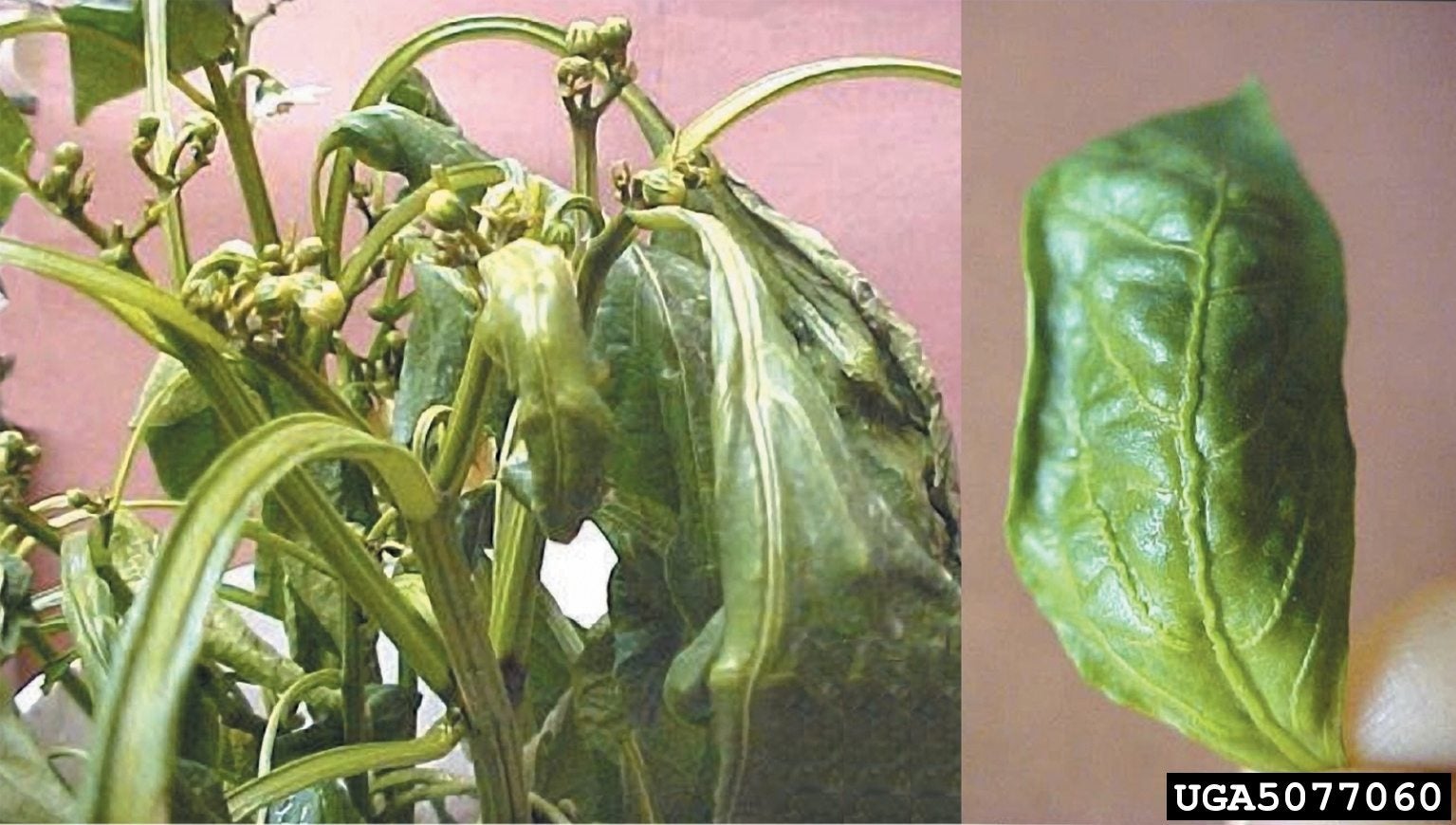Pepper Herbicide Damage: Can Peppers Be Damaged By Herbicides


Sign up for the Gardening Know How newsletter today and receive a free copy of our e-book "How to Grow Delicious Tomatoes".
You are now subscribed
Your newsletter sign-up was successful
Herbicides are potent weed killers, but if a chemical poisons a weed there is a good chance it will damage other plants as well. Pepper herbicide injury is especially possible if you apply these chemicals in your garden. Pepper plants are sensitive, and damage could ruin your crop, but you can avoid the damage and even save your plants that have been hit by the herbicide.
Can Peppers Be Damaged by Herbicides?
Pepper plants can absolutely be damaged by herbicides. In fact, they are more sensitive to herbicides than many other vegetable plants. When herbicide is applied to control weeds, the vapors or small droplets can drift to parts of the garden where you did not intend to apply the chemical, such as onto your peppers. This is called herbicide drift, and it can cause herbicide drift injuries to healthy plants.
Signs of Pepper Herbicide Damage
Pepper plants damaged by herbicide drift may show several signs of the damage:
- Smaller leaves
- Shortened internodes
- Yellowing on the leaves
- Malformed leaves
- Twisted stems or leaves
If you see these signs in your pepper plants, you may have herbicide damage, but they may also be caused by things like nutrient imbalance, a pest, or other environmental factors. One easy way to determine that herbicide is the culprit is to look at weeds near the pepper plants. If they show similar damage, it is likely from the herbicide.
Preventing Herbicide Drift Injury
Herbicides and peppers are not a good mix, so managing weeds without chemicals is your best option. If you do choose to use an herbicide, do not use it before putting your pepper plants in the ground, and do not use grass or mulch in the garden if it has been contaminated with the herbicide. The chemicals take time to break down and your newly planted peppers are likely to pick up the herbicides in their roots. Apply the herbicide to weeds on a day that is calm, with no wind. If you do have peppers that have herbicide damage, whether or not you can save them depends on the extent of the damage. If it is only mild to moderate, give your plants extra care. Water them regularly, provide adequate fertilizer, and practice careful pest management. The better you can make the conditions for your pepper plants, the more likely they will be to recover and give you a good yield.
Sign up for the Gardening Know How newsletter today and receive a free copy of our e-book "How to Grow Delicious Tomatoes".

Mary Ellen Ellis has been gardening for over 20 years. With degrees in Chemistry and Biology, Mary Ellen's specialties are flowers, native plants, and herbs.